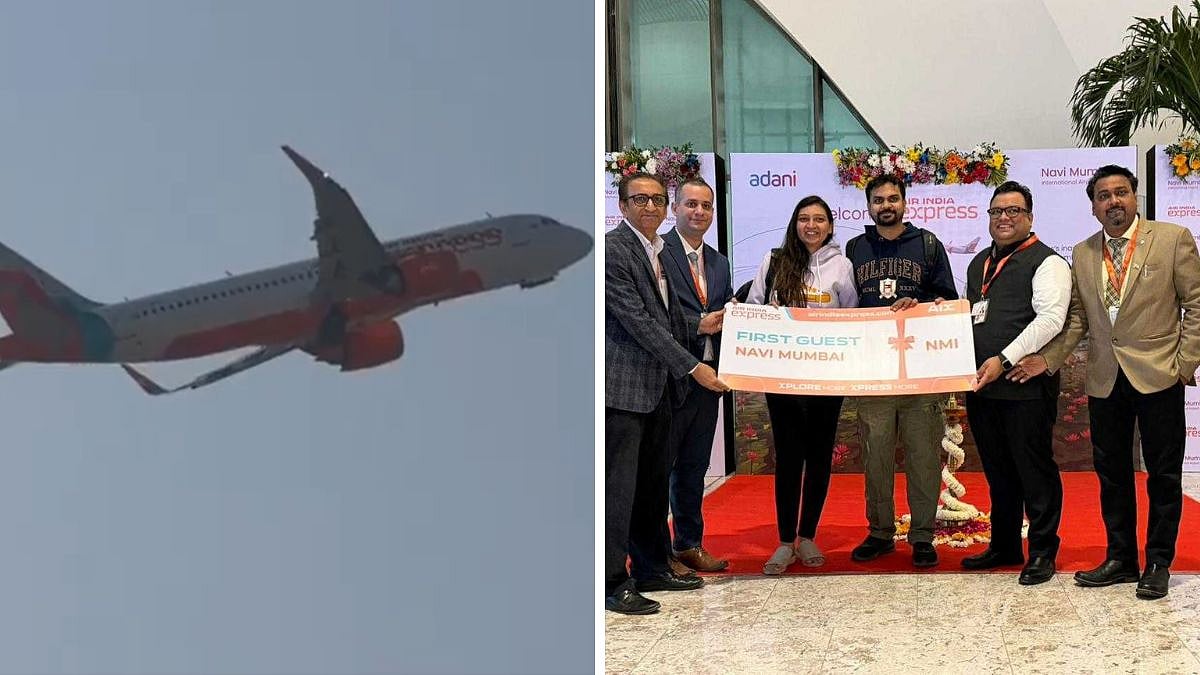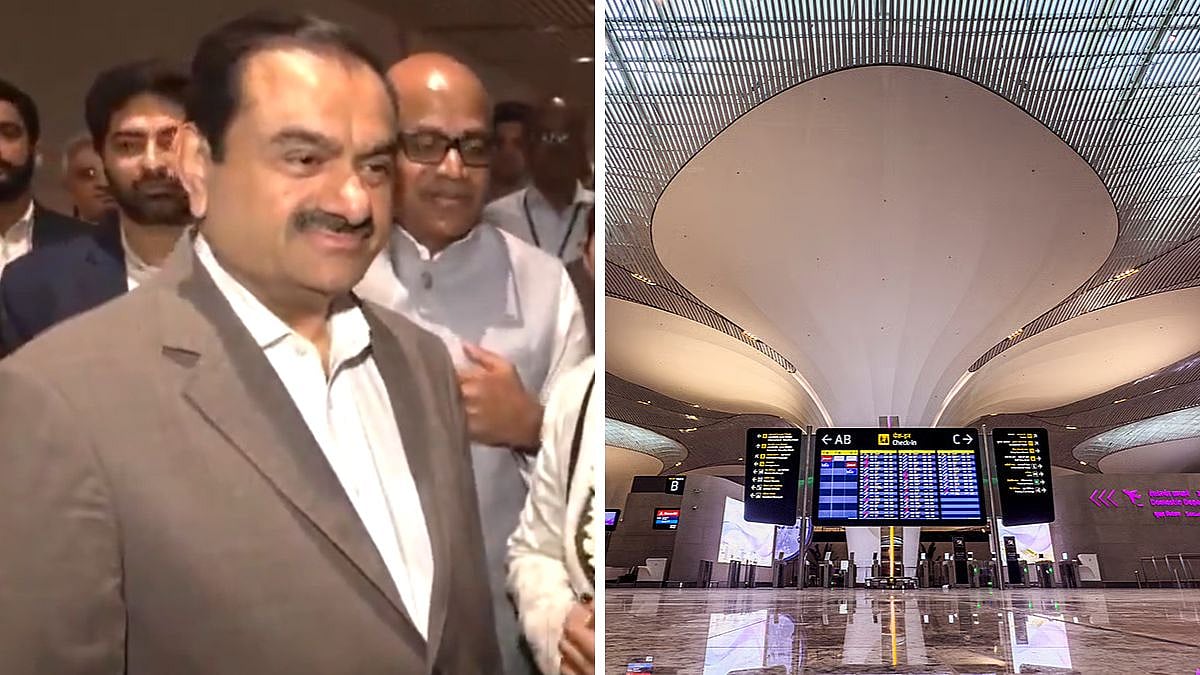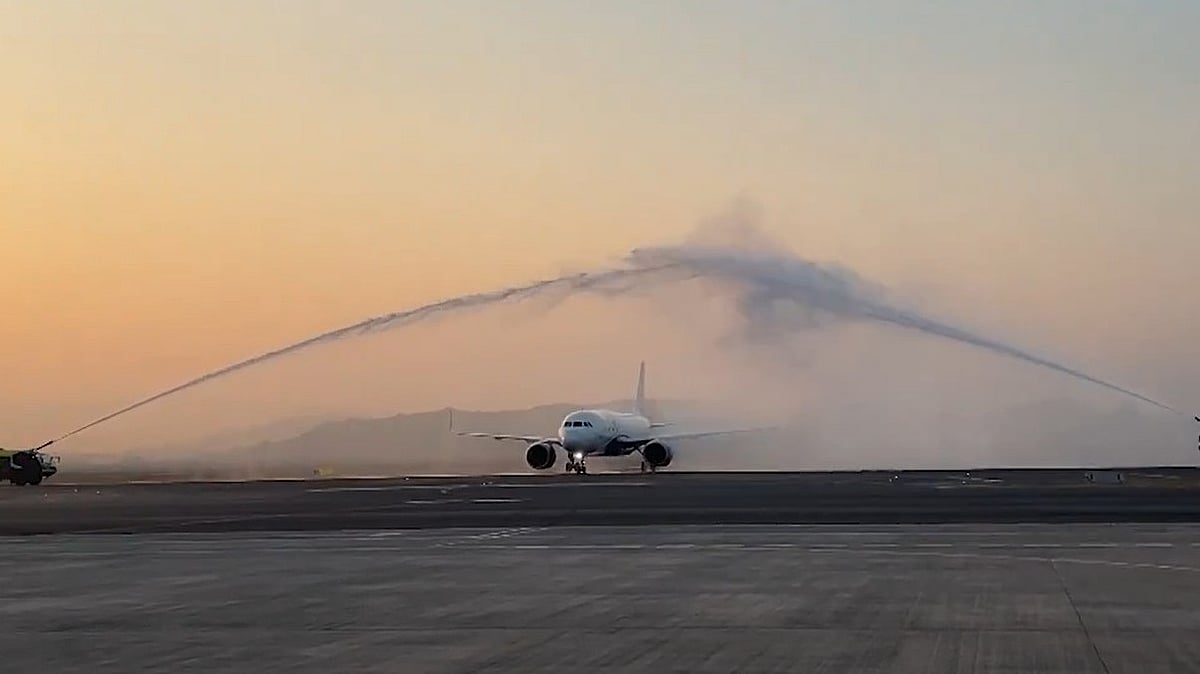The Central Railways (CR) Mumbai division has highlighted a significant challenge affecting suburban train operations, particularly concerning air-conditioned (AC) services. In a recent affidavit submitted to the High Court, CR explained that operation of AC local trains impact the overall capacity of the suburban network. " Air conditioned local trains reduces the capacity to run similar trains for similar destination in comparison to non air conditioned trains" read the affidavit of CRs Mumbai division.
Currently, CR operates 66 air-conditioned local train services in the Mumbai suburban section on weekdays, out of a total of 1,810 suburban services. The affidavit highlights that the introduction of AC trains has led to a reduction in the capacity to run similar trains for similar destinations compared to non-AC trains. The affidavit explains, "During heavy rush hours, passengers often obstruct the door-closing mechanism, leading to delays not only for the train in question but also for others, creating a cascading effect throughout the network."

The affidavit further states that the door-closing and opening process of AC trains takes additional time, reducing the number of trains that can be operated on the same route. However, it emphasizes that AC services provide a safer mode of transportation by reducing the risk of accidents related to footboard travel and alighting from moving trains.
Central Railway also pointed out that the current capacity utilization of the suburban section is already above 100%, with suburban services running at intervals of three to four minutes during peak hours. This frequency is considered optimal when accounting for factors such as inter-signal distance with adequate safe distances, train lengths, and terminal constraints.

Furthermore, the affidavit outlined path constraints as a significant factor limiting the expansion of services. Suburban trains share mixed corridors with premium mail and express trains, special services for festive seasons, and freight trains supplying essential commodities to the Mumbai area.
Given these constraints, the introduction of additional services would lead to a significant reduction in speed and unreasonable delays due to terminal constraints and other unforeseen factors. The affidavit warns that this could create a cascading effect on other trains, making operations extremely difficult and necessitating an increase in the number of rakes to maintain the current level of service, affidavit states.









